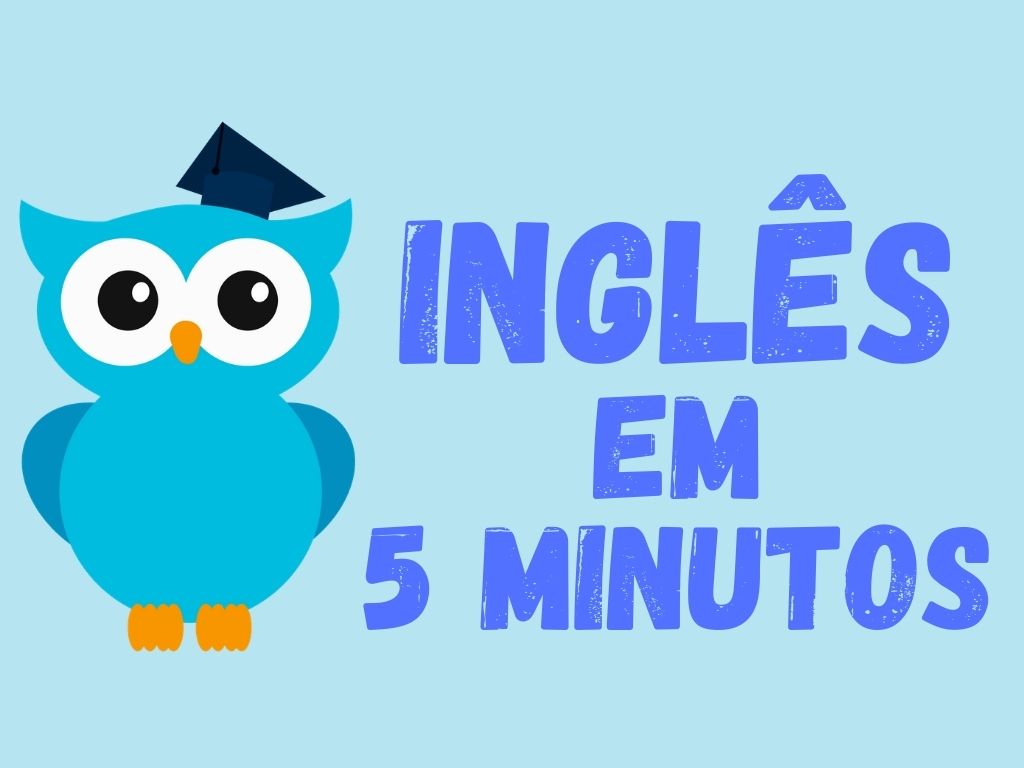1. Because of the holiday weekend, traffic on northbound Route 101 is
very congested. So keep away from 101 North until further notice.
1. Por causa do fim de
semana de feriado, o trânsito na Rota 101 no sentido norte está muito
congestionado. Portanto,
mantenha-se afastado da Norte 101 até novo aviso.
2. Traffic is moving smoothly today on the Kennedy Bridge. Traffic is
unusually light. There are very few cars on the bridge at this time.
2. O trânsito está
fluindo suavemente hoje na ponte Kennedy. O trânsito está excepcionalmente
leve. Há pouquíssimos carros na ponte neste momento.
3. The New Harbor Bridge is very busy today. Traffic is moving very
slowly across the bridge. It's bumper to bumper, so avoid the bridge if you
can.
3. A nova ponte Harbour
está muito movimentada hoje. O trânsito está se movendo muito lentamente pela
ponte. É parada atrás de parada, então evite a ponte se puder.
4. There has been a traffic accident on Watergate Drive. An ambulance
has arrived, but keep away from Watergate Drive. There is a lot of traffic
backed up.
4. Houve um acidente de
trânsito na Watergate Drive. Uma ambulância chegou, mas fique longe da
Watergate Drive. Há
muito trânsito parado.
5. Highway 25 is closed for repairs today, so better stay away from
there. No traffic will be allowed on Highway 25 all day.
5. A Rodovia 25 está
fechada para reparos hoje, então é melhor ficar longe de lá. Nenhum trânsito
será permitido na Rodovia 25 durante todo o dia.
6. Don't forget - it's the annual bicycle race today. Right now, there
are hundreds of cyclists on the road. Pine Street and all the streets from Pine
through Oak are closed until 2:00 p.m.
Não se esqueça - hoje é a
corrida anual de bicicletas. Neste momento, há centenas de ciclistas na
estrada. A Pine Street e todas as ruas de Pine a Oak estão fechadas até às 14h.
1.
A: Are you going to take the bus downtown, or are you going to take your
bike?
B: I think there's too much traffic on the road today to go by bike.
It's not safe to ride in traffic.
A: I guess there's so much traffic because of the big football game.
Well, look, I'm driving downtown. Can I give you a ride?
B: Hey, thanks.
A: So, do you use your bike very often?
B: Not during the week, but I ride it pretty often on the weekend.
1.
A: Você vai pegar o ônibus
no centro, ou vai levar sua bicicleta?
B: Acho que tem muito
trânsito na estrada hoje para ir de bicicleta. Não é seguro andar no trânsito.
A: Acho que há muito trânsito
por causa do grande jogo de futebol. Bem, olhe, estou dirigindo para o centro. Quer
uma carona?
B: Ei, obrigado.
A: Então, você usa sua
bicicleta com muita frequência?
B: Não durante a semana,
mas eu ando bastante no fim de semana.
2.
A: How are you going to get downtown? Are you going to drive?
B: I don't think so. I just heard the traffic report on the radio. It
seems there is a traffic jam on the freeway. They said a couple of buses have
broken down.
A: I guess it will be quicker to take the subway.
B: Absolutely!
2.
A: Como você vai chegar
ao centro? Você vai dirigir?
B: Acho que não. Acabei
de ouvir o boletim de trânsito no rádio. Parece que há um engarrafamento na
rodovia. Disseram que alguns ônibus quebraram.
A: Acho que vai ser mais
rápido pegar o metrô.
B: Com certeza!
3.
A: Gosh. I wonder how much longer we'll have to wait for a bus. We've
waited half an hour already! Do you think we should go back and get the car?
B: Oh, no. I hate driving at night.
A: Let's take a taxi. I don't want to be late for the movie.
B: Good Idea. I'll call for one on my cell phone. They usually come
pretty quickly.
3.
A: Poxa. Eu me pergunto
quanto tempo mais teremos que esperar por um ônibus. Já esperamos meia hora!
Você acha que devemos voltar e pegar o carro?
B: Ah, não. Eu odeio
dirigir à noite.
A: Vamos pegar um táxi.
Não quero me atrasar para o filme.
B: Boa ideia. Vou ligar
para um no meu celular. Eles costumam vir bem rápido.
4.
A: How are you going to get home from the restaurant on Sunday, Harry?
B: Oh, I can just take a bus or a taxi. There are usually plenty of
taxis around that area at night.
A: Yes, but not on a Sunday night. You might wait for a long time. Why
don't you ask Kevin to drive you home? He's having dinner with us and he lives
near you.
B: That's right. I'll ask him.
4.
A: Como você vai voltar
do restaurante no domingo, Harry?
B: Ah, eu posso pegar um
ônibus ou um táxi. Há táxis ao redor dessa área à noite.
A: Sim, mas não em um
domingo à noite. Você pode esperar por um tempo longo. Por que você não pede ao
Kevin para te levar para casa? Ele vai jantar conosco e mora perto de você.
B: Isso mesmo. Vou perguntar a ele.
5. A: What's the traffic like downtown today?
B: It's pretty bad. One of the traffic lights is broken, to all the
traffic is backing up.
A: Oh. How should I get to my doctor's appointment? Drive? Take a taxi?
B: A taxi won't be any faster than driving.
A: Well then, I'll probably take the subway to the station and then walk
from there.
B: Yeah, today I think that's the fastest way.
5.
A: Como está o trânsito
no centro hoje?
B: Muito ruim. Um dos
semáforos está quebrado, todo o trânsito está dando ré.
A: Ah. Como devo ir à
consulta do meu médico? Dirigir? Pegar um táxi?
B: Um táxi não será mais
rápido do que dirigir.
A: Bem, provavelmente vou
pegar o metrô até a estação e depois caminhar de lá.
B: Sim, hoje eu acho que
é o caminho mais rápido.
6.
A: How do you plan to get to your friend's house? Do you need a ride?
B: How's the weather?
A: It's really nice out.
B: Oh, thanks anyway, but I'll ride my bike I was going to take the bus,
but I need to get some exercise.
A: All right, but be careful of the traffic.
6.
A: Como você pretende
chegar à casa do seu amigo? Você precisa de uma carona?
B: Como está o tempo?
A: Está muito bom lá fora.
B: Ah, obrigado de
qualquer forma, mas eu vou andar de bicicleta, eu ia pegar o ônibus, mas preciso
fazer algum exercício.
A: Tudo bem, mas cuidado com o trânsito.

